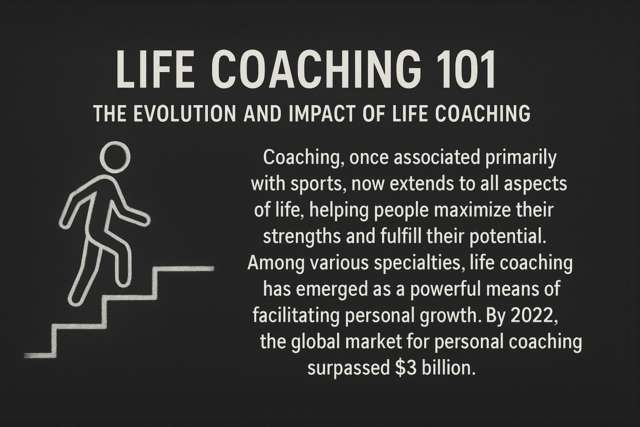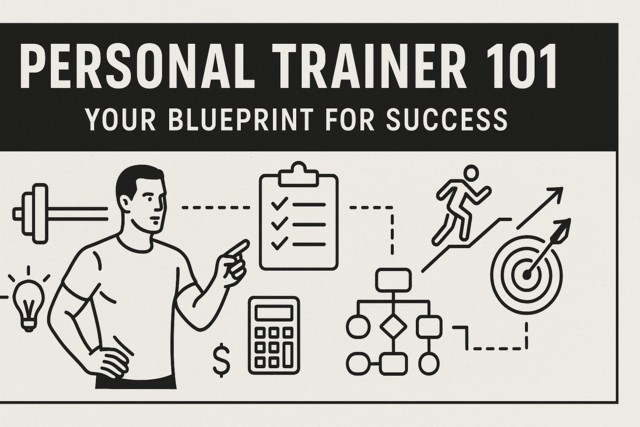While your client might be able to get the interview, they might not be able to get the job as a result of the interview. It is not that they are not good in the interview chair, but they might not be as effective as they need to be in this competitive job market.
Many clients are used to the idea that the interview does not start until the client is in the office with the hiring representative. This is not the case, anymore. While it used to be the case that clients could simply walk in, answer a few questions, and leave, this is not going to work in the modern market.
As has been said many a time, knowledge is power. When clients can walk into the interview room knowing everything they possibly can, then they are already at an advantage that many other interviewees are not.
Here are some tips to help your client prepare for the interview:
- Learn about the company: The client should take some time to do Internet research about the company, its management, and the current news stories about the market. In this way, the client can walk in already knowing a bit about what is happening in the company and how his or her skills might fit into the equation.
- Research the market: Though your clients may already be quite familiar with the pertinent market, they might also want to take some time to look into the current business figures as related to their potential new job. By learning how the market is faring and coming up with ideas to help grow the business more, the interviewer will see an interviewee with plenty to offer in terms of energy and enthusiasm.
- Learn the office environment: If possible, the client should also go to the company to see how people are dressed in the office, how they interact with each other, etc. This way, the client can show up dressed as though she or he already works in the company, helping the interviewer see instantly whether the person would fit in.
- Look for holes in their r�sum�: Because everyone has something on his or her r�sum� that might be problematic, it is a good idea for the client to look for all possible problems and then come up with positive ways to explain the issues. For example, if a client left a job after only a few months, the client might want to discuss the idea that the job was not challenging enough or that he or she had a personal issue to attend to.
Many clients are nervous or anxious about the questions they will be asked. There are some questions that are nearly always asked:
- What are your strengths?
- What are your weaknesses?
There are others that might seem to be a little strange. Some companies are beginning to ask problem-solving questions as opposed to simply informational questions. These questions are designed to see how prospective new employees can think on their feet. These types of questions can be difficult to answer.
The key to an effective interview is to understand the question before answering it. If clients are unsure of what is being asked, they should rephrase the question to see if they are answering the proper question before continuing.
This has the added bonus of also helping the interviewer see that the interviewee is interested in doing a good job in the interview.
Slowly, the client should answer the question, as well as support that answer with the reasoning behind the answer. The answer should only be as long as it needs to be, no more and no less. If the interviewer wants the client to expand on the answer, then the client can continue. If the interviewer seems satisfied with the answer, then the client should wait for the next question to start speaking again.
Other tips for answering interview questions include:
- Speak slowly. Take a deep breath before answering a question to settle the mind and to allow the words to come out clearly.
- If the answer is not known, then say so. The client should be willing to say that she or he has not considered a certain question but would like to think about it for a while and get back to the interviewer. Though this should not be the answer to all questions, it can show the interviewer that the client is interested in being as effective as possible.
- Look directly at the interviewer. When someone is looking away from the interviewer, it can seem as though they are trying too hard or that they are shy. The client should look at the interviewer, making eye contact as much as possible, though it is not necessary to make eye contact the entire time.
- Actively listen. The client should also be sure to nod or acknowledge what the interviewer is saying in order to show interest.
- Ask if the interviewer wants clarification. Sometimes, an interviewer may be rushed and may just want to make the interview as short as possible, so it can be in the client's best interest to ask if the interviewer is confused after a complicated answer. This allows the client the opportunity to clarify an answer if necessary.
- Sit directly across from the interviewer. This will allow the client and interviewer to look at each other directly, without being too threatening or confrontational.
- Do not be rushed. Have the client make sure to schedule an additional hour for the interview in order to not feel rushed or to look at the time every few minutes.
The interview can often speak more to the employee being interviewed than their r�sum� might.
ASKING THE QUESTIONS
One of the most important ways in which a client can leave a good impression with an interviewer is to ask strong questions about the company, its direction, and its vision. This shows that the client is looking forward to the long-term relationship.
Clients should not talk about salary or any other benefits until they are offered the job. Ideally, in their research, they will have figured out what benefits are already offered, so this question is not even necessary.
Some pertinent questions to ask might include:
- Where does this company want to be in five years?
- What is the most important quality you value in an employee?
- Why is your top employee so successful?
- Describe the perfect work day.
- What does it take to get into upper management?
- What has your experience been with this company?
By asking these questions, the client will ensure that he or she is showing genuine interest, but the client also can learn more about the company and whether he or she would fit into the organization.
Choosing to be active in the interview process is the best possible advice anyone can give. Instead of passively answering questions and trying to impress the interviewer, the client should look at this process as an opportunity to sell themselves, their attitude, and their brand.
Money might not be the primary motivating factor for your client, but it can certainly help a person feel more appreciated in a new position. Instead of allowing your clients to simply negotiate as they may have always done, the clients should be active in securing their financial package.
Many people think it is vulgar to talk about money, but the world does indeed run on money. When clients can get the money they need, in accordance with the skills they have to offer, they will be able to create a career path that not only makes sense for today, but also for their future.
For many people, the timing of negotiation is what can be most confusing. Though the negotiating itself might not be problematic, knowing when to begin the negotiations can be a little unclear. There are three main stages at which salary and benefits talks can occur: before, during, and after a job offer.
Some clients will be asked before they even come in for an interview what they would like for a salary and benefits package. This helps some companies weed out those interviewees who might be more expensive than their budget allows.
However, clients should make sure to avoid all salary negotiations at the start. This will allow them to get a better picture of the job responsibilities and whether they are a good match before the money talk begins.
If clients have to list their salary requirements, then they should create a large range of potential salaries in order to keep this part of the job negotiations wide open. Taking some time to look at what others are making at the company or in the field can help create a realistic salary range.
Sometimes, the money talk can begin during an interview process, which can be unsettling. Clients should try to refocus the interview to the skills they have to offer and to learning about what the job would require. In doing so, clients will show they are focused on the work and not just on the money.
Once the job offer has been put on the table, that is when the bulk of money negotiations should be discussed. Clients will then have a clear idea about the job responsibilities, whether they are a good fit, and what the company's long-term prospects look like.
The first job offer that the client will get should not be immediately accepted. Even when a company says it cannot offer any more money, this is not true. In most cases, every salary and benefits package can be negotiated up by 20 percent.
This does not mean the client should do this every time, but it is something to keep in mind.
Having an idea of the exact salary and benefits they are looking for will help clients see whether they are close to their goals or if they should try to negotiate for more.
The client should have this list before them when they have the salary offer in mind:
- their preferred salary range;
- the benefits they want;
- the retirement package they need;
- any other perks.
This will allow clients to quickly see in what areas they might want to negotiate for more. Also, it can help if clients prioritize their list of desired benefits. This way, they will be able to negotiate up where it is most important.
It is ideal to get the salary offer in writing before the final employment agreement is signed. This way, clients will be able to have the terms before them and negotiate as they feel is necessary.
Your clients need to know that they should not create an adversarial dynamic between themselves and the employer. While clients are encouraged to talk about what they want and what they need in terms of salary and benefits, this is not a time to be stingy or too rigid.
The client should be able to take the offer home and think about it for a night or two. During this time, the client can see what the current market values for his or her job responsibilities are and decide whether to discuss the offer further.
Together with your client, you might be able to create a simple letter that outlines the concerns about the offer to send to the hiring manager. This is not necessarily a counteroffer, but rather a list of things that need to be discussed further before the offer can be accepted.
Once that discussion takes place, then the offer can be changed and adjusted, and ultimately accepted by the client.

























